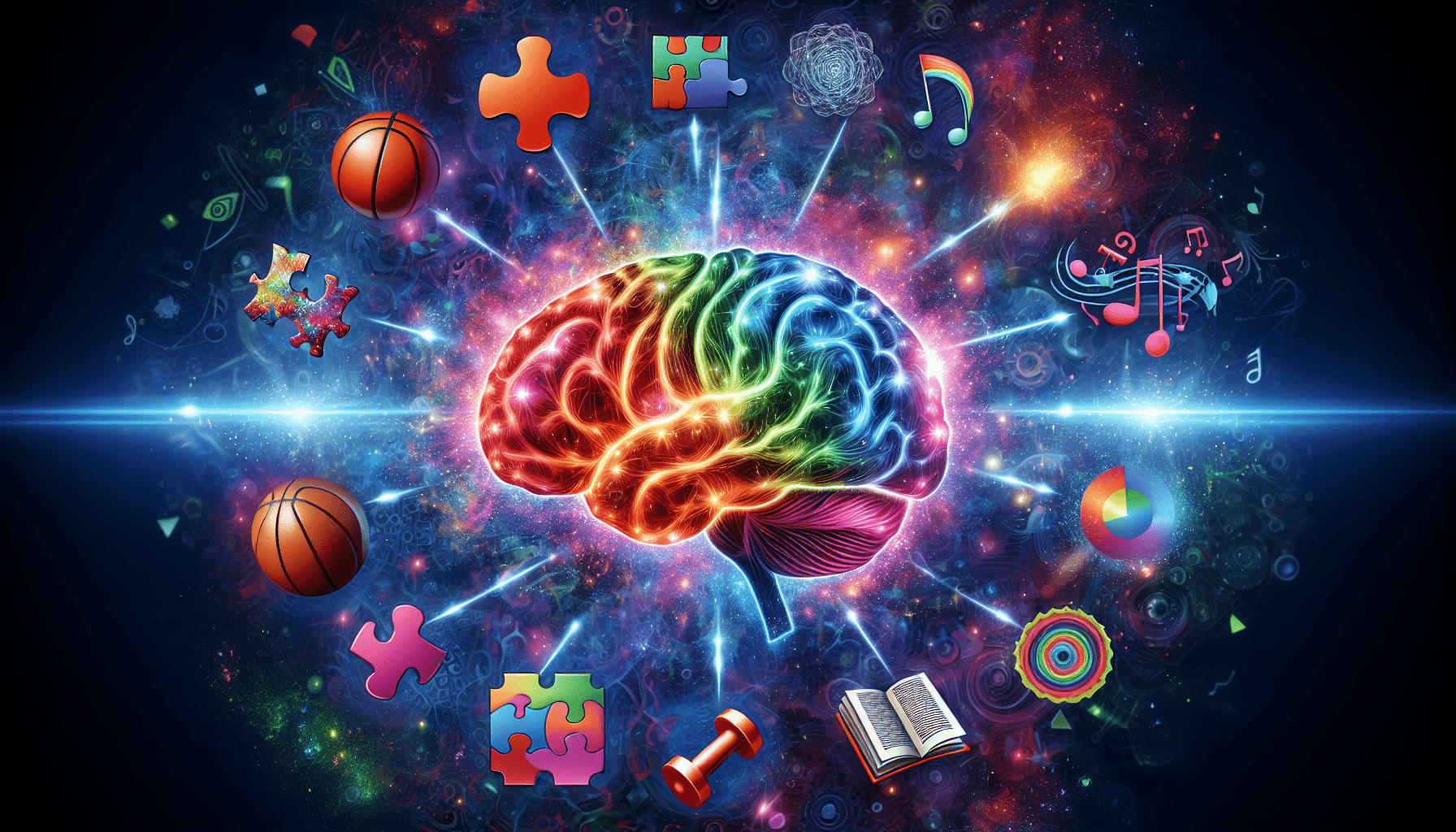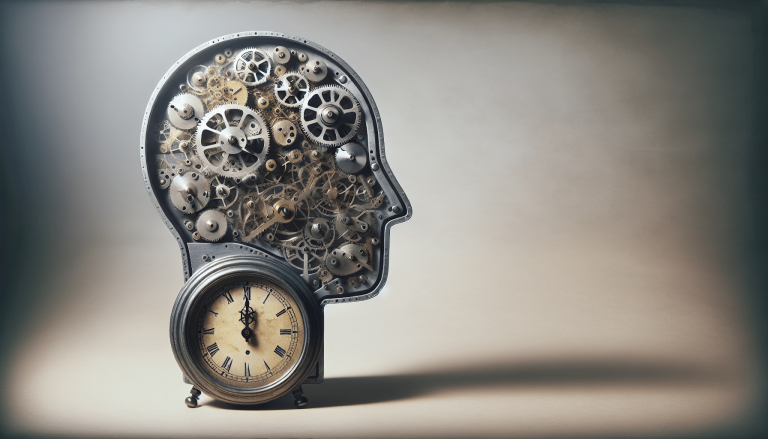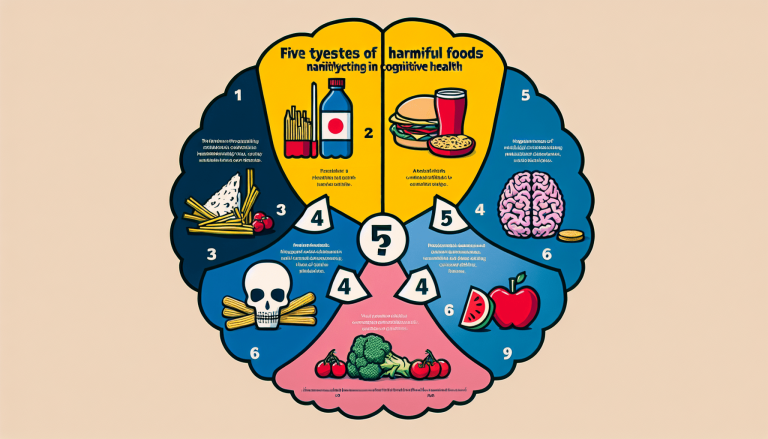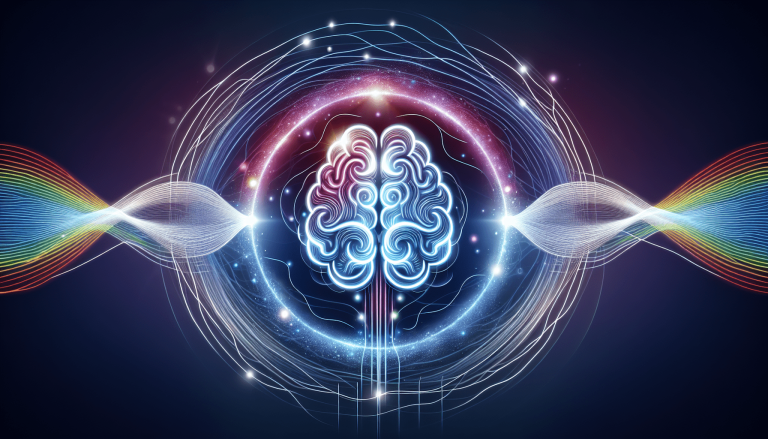What Is The Best Thing To Improve The Brain?
Welcome to an exciting exploration of ways to boost your brainpower! “What Is The Best Thing To Improve The Brain?” takes you on a journey through effective strategies and activities that can enhance your cognitive functions. Whether you’re looking to sharpen your memory, increase your focus, or elevate your problem-solving skills, this article provides practical tips and insights to help you achieve a healthier, more powerful mind.
Have you ever wondered what the best thing is to improve your brain? Whether you’re looking to boost your memory, increase your focus, or simply keep your brain healthy as you age, there’s no shortage of advice out there. But what truly works? In this friendly and comprehensive guide, we’ll dive deep into the science and strategies that can help you enhance your cognitive abilities.

Understanding Brain Function
To figure out the best methods to improve your brain, it’s essential to first understand a few basics about how your brain functions. Your brain is an incredibly complex organ made up of billions of neurons that communicate through synapses, creating a network that controls everything you do, think, and feel.
Neurons and Synapses
Neurons are the primary cells that process and transmit information in your brain. Think of them as the messengers that relay critical data across your entire nervous system. Synapses, on the other hand, are the gaps between neurons where communication occurs. When signals are passed from one neuron to another across a synapse, neurotransmitters play a crucial role.
Neuroplasticity
One of the most fascinating aspects of your brain is its ability to change and adapt—a feature known as neuroplasticity. This means that your brain can form new connections and strengthen existing ones in response to learning, experience, and various external stimuli. Understanding this adaptability is crucial for grasping how different activities can improve brain function.
The Best Activities to Improve the Brain
There are a multitude of activities and habits that can contribute to better brain health. Let’s break them down for easier understanding.
Physical Exercise
Engaging in regular physical activities has profound benefits for your brain. Exercise increases blood flow to the brain, which helps deliver oxygen and nutrients critical for cognitive function.
Types of Beneficial Exercises:
| Exercise Type | Benefits |
|---|---|
| Aerobic Exercises | Improves cardiovascular health and brain function. |
| Strength Training | Enhances memory and executive function. |
| Yoga and Tai Chi | Reduces stress and promotes relaxation. |
Mental Exercises
Just as physical exercise strengthens your muscles, mental exercises can help improve your brain’s cognitive functions. Activities that challenge your brain stimulate neural connections and foster neuroplasticity.
Common Mental Exercises:
| Activity | Cognitive Benefits |
|---|---|
| Puzzles and Brain Teasers | Enhances problem-solving skills and memory. |
| Reading | Expands vocabulary and improves comprehension. |
| Learning New Skills | Boosts memory and increases brain volume. |
Balanced Diet
What you eat can significantly impact your brain health. Consuming a balanced diet rich in essential nutrients can enhance cognitive function and protect against neurodegenerative diseases.
Nutrients and Their Benefits:
| Nutrient | Benefit | Food Sources |
|---|---|---|
| Omega-3 Fatty Acids | Supports brain function and development. | Fish, flaxseed, walnuts |
| Antioxidants | Protects against oxidative stress and inflammation. | Berries, nuts, dark chocolate |
| B Vitamins | Promotes energy production and neurotransmitter function. | Leafy greens, eggs, meat |
Adequate Sleep
Your brain requires adequate rest to function optimally. Sleep plays a crucial role in memory consolidation, learning, and overall cognitive health.
Sleep Recommendations:
| Age Group | Recommended Sleep Duration |
|---|---|
| Adults | 7-9 hours |
| Teenagers | 8-10 hours |
| Children | 9-11 hours |
Stress Management
Chronic stress can harm your brain over time, leading to anxiety, depression, and cognitive decline. Implementing effective stress management techniques is essential for maintaining brain health.
Stress-Reduction Techniques:
| Technique | Benefit |
|---|---|
| Meditation | Reduces anxiety and improves focus. |
| Deep Breathing | Lowers stress levels and promotes relaxation. |
| Mindfulness | Enhances mental clarity and emotional regulation. |
Social Interaction
Human beings are inherently social creatures, and maintaining positive social interactions can significantly benefit your brain. Social engagement helps improve mood, reduce stress, and even boost cognitive function.
Social Activities:
| Activity | Cognitive Benefits |
|---|---|
| Engaging in Group Activities | Enhances communication and teamwork skills. |
| Building Strong Relationships | Improves emotional well-being and reduces stress. |
| Volunteering | Provides a sense of purpose and community. |
The Science Behind Brain Improvement
Understanding the scientific principles underlying these activities can help solidify why they’re effective.
Neurogenesis
Neurogenesis is the process by which new neurons are formed in the brain. While it was once believed that neurogenesis ceased after childhood, recent research has shown that adults can continue to generate new neurons, especially in the hippocampus—a region critical for learning and memory.
Promoting Neurogenesis:
- Physical Exercise: Aerobic activities have been shown to increase neurogenesis.
- Learning New Skills: Engaging in cognitively challenging activities stimulates the creation of new neurons.
- Balanced Diet: Foods rich in flavonoids and omega-3 fatty acids promote neurogenesis.
Synaptic Plasticity
Synaptic plasticity refers to the ability of synapses to strengthen or weaken over time in response to changes in activity. This adaptability is key to learning and memory.
Enhancing Synaptic Plasticity:
- Mental Exercises: Consistent problem-solving and critical thinking activities can enhance synaptic plasticity.
- Social Interaction: Engaging conversations and collaborative activities stimulate synaptic connections.
Practical Steps to Implement Brain-Boosting Habits
Incorporating these brain-boosting activities into your daily life might seem overwhelming, but it doesn’t have to be. Here’s a step-by-step guide to help you get started.
Setting Realistic Goals
Begin by setting achievable, specific goals. For example, instead of aiming to read more, set a goal to read for 20 minutes each day.
Creating a Routine
Integrate brain-boosting activities into your routine. Schedule them just like you would any other important task. Consistency is key to seeing long-term benefits.
Building a Support System
Having a support system can make a significant difference. Share your goals with friends or family members who can offer encouragement and join you in brain-healthy activities.
Tracking Progress
Keep a journal or use an app to track your progress. Recording your achievements can provide motivation and show you how far you’ve come.
Staying Flexible
Life can be unpredictable, and it’s okay to adjust your plan as needed. The important thing is to stay committed to enhancing your brain health.

Debunking Myths About Brain Improvement
There are many misconceptions when it comes to improving brain function. Let’s debunk some of the most common myths.
Myth 1: We Only Use 10% of Our Brain
This myth has been popularized by movies and media, but it’s far from the truth. Neuroimaging has shown that nearly all parts of the brain have some function.
Myth 2: Brain Training Apps Are a Magic Bullet
While some brain training apps can be beneficial, they are not a cure-all. A holistic approach that includes physical activity, a balanced diet, social interaction, and mental exercises is far more effective.
Myth 3: You Can’t Teach an Old Dog New Tricks
Neuroplasticity means that the brain can continue to adapt and learn new things at any age. Age might make learning new skills more challenging, but it certainly isn’t impossible.
Myth 4: Supplements Can Replace a Balanced Diet
While some supplements can support brain health, they should not be seen as replacements for a balanced diet. Nutrient-rich foods provide a wide array of benefits that supplements alone cannot offer.
Brain Health Across Different Life Stages
Your brain’s needs may change as you transition through different stages of life. Let’s explore how you can support your brain health at various ages.
Children and Adolescents
For young brains, development is rapid and requires ample support. Encouraging a balanced diet, regular physical activity, and adequate sleep is crucial.
Adulthood
During adulthood, maintaining cognitive function and preventing decline becomes important. Continuing to challenge your brain with new skills and maintaining a healthy lifestyle can go a long way.
Older Adults
As you age, the focus often shifts to preventing neurodegenerative diseases like Alzheimer’s and maintaining cognitive function. Activities such as social engagement, mental exercises, and physical activity are vital.
Conclusion: Your Brain-Boosting Plan
Improving your brain health is an ongoing journey that involves multiple facets of your lifestyle. From physical and mental exercises to a balanced diet and stress management, every step you take contributes to a healthier, more robust brain.
Summary of Recommendations:
| Activity | Key Benefits |
|---|---|
| Physical Exercise | Increases blood flow and promotes neurogenesis. |
| Mental Exercises | Enhances problem-solving and cognitive flexibility. |
| Balanced Diet | Provides essential nutrients for brain function. |
| Adequate Sleep | Supports memory consolidation and cognitive health. |
| Stress Management | Reduces risk of anxiety, depression, and cognitive decline. |
| Social Interaction | Improves mood, reduces stress, and enhances cognitive function. |
Remember, the journey to better brain health is gradual and requires consistent effort. Start with small steps, stay committed, and over time, you’ll likely notice significant improvements in your cognitive function and overall brain health.
Additional Resources
If you find yourself more confused lately, forget where you left small things like your phone or your glasses…. Words get stuck on the tip of your tongue or you don’t remember why you walked into a room…
>>>Watch this short documentary immediately because it may very well save your memory.
New Harvard research reveals this common household toxin wipes out your memory 3x times faster… Decreasing the blood flow to your brain and “violently attacking” your neurons and synapses on the hippocampus…
This is the part of your brain that forms episodic memories, that makes you able to think and remember, literally…
Scientists from the National Institutes of Health warn that over 200 Americans are exposed to this toxin daily… And it’s the primary reason why every 66 seconds someone in the United States develops Alzheimer’s and 1 in 3 seniors ends up with some form of dementia.
Click below to find out all about it and what you can do to improve your memory:
Harvard: This common household toxin triggers memory loss







